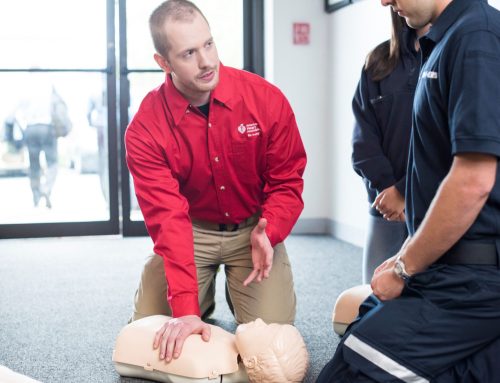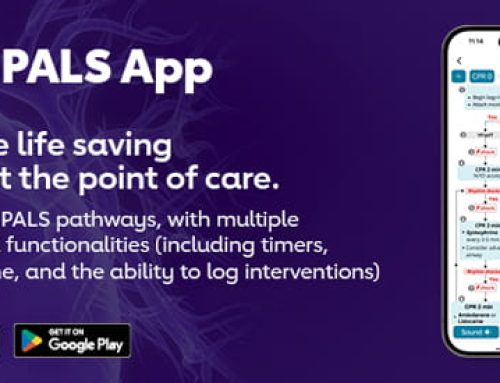There are a number of different cardiac conditions that are collectively referred to as heart disease. These conditions include heart attacks and coronary artery disease. We explore specifically heart decease in men in this article
Heart disease is the leading cause of death among males in the United States, in comparison to any other single cause.
And what are the dangers of developing heart disease?
Hypertension, a major risk factor for cardiovascular disease and stroke, was present in 47% of men between the years 2013 and 2016.7
A person’s risk of developing heart disease can also be increased by a number of other medical conditions and lifestyle choices, including Consumption of alcohol in excessive amounts, Poor dietary habits,Obesity and excessive weight, Diabetes mellitus, lack of physical activity
How Heart Decease Affects Men
Heart disease is the leading cause of death for men in the United States, with an estimated 384,886 deaths in 2021. This represents approximately one out of every four deaths that occur among men.1.
In the United States, men of most racial and ethnic groups, including African Americans, American Indians or Alaska Natives, Hispanics, and whites, have a higher risk of dying from heart disease than any other cause of death. Just behind cancer in terms of prevalence among men of Asian American or Pacific Islander descent is heart disease.2.
With coronary heart disease, approximately one in thirteen (7.7%) white men and one in fourteen (7.1%) black men are affected. It is estimated that approximately 5.9% of Hispanic men have coronary heart disease.3)
Fifty percent of men who pass away unexpectedly from coronary heart disease had no symptoms preceding their death.4. There is a possibility that you are at risk for heart disease even if you do not exhibit any symptoms.
How do I know if I’ve got Heart Decease?
Sometimes heart disease is “silent,” meaning that it is not diagnosed until a man experiences signs or symptoms of a heart attack, heart failure, or an arrhythmia. This can be a very frustrating situation.5. Symptoms may include the following when these events take place: Pain or discomfort in the chest, pain in the upper back or neck, indigestion, heartburn, nausea or vomiting, extreme fatigue, discomfort in the upper body, dizziness, and shortness of breath are all symptoms that may indicate a heart attack.Arrhythmia refers to the sensation of fluttering in the chest, also known as palpitations.
Shortness of breath, fatigue, or swelling of the feet, ankles, legs, abdomen, or neck veins are all symptoms that are associated with heart failure.
There is a possibility that you are at risk for heart disease even if you do not exhibit any symptoms.







Leave A Comment